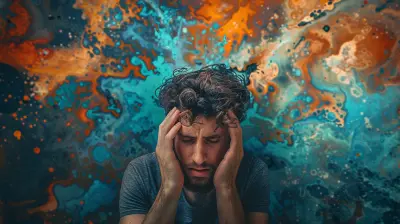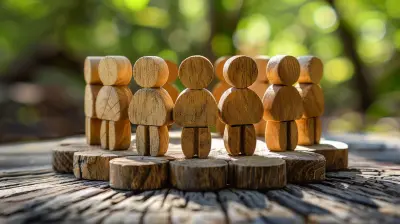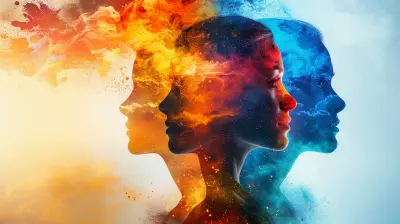How Social Media Affects Mental Health
14 June 2025
Welcome to the digital jungle, where people chase likes like squirrels chasing shiny acorns and compare their lives to filtered photos like they're auditioning for a reality show no one asked for. Yep, we're talking about social media. It’s where memes meet mayhem, captions meet confusion, and mental health sometimes gets tossed out the window like last month’s TikTok trend.
But seriously, have you ever caught yourself feeling weird after scrolling through Instagram or doom-scrolling on Twitter (oops, sorry—X)? Yeah, you're not alone. Social media is like that one friend who can either hype you up or ruin your day completely—it depends on the vibe.
In this article, we’re diving headfirst (with a floatie, of course) into how social media affects mental health, in a fun, relatable, and slightly quirky way. Buckle up!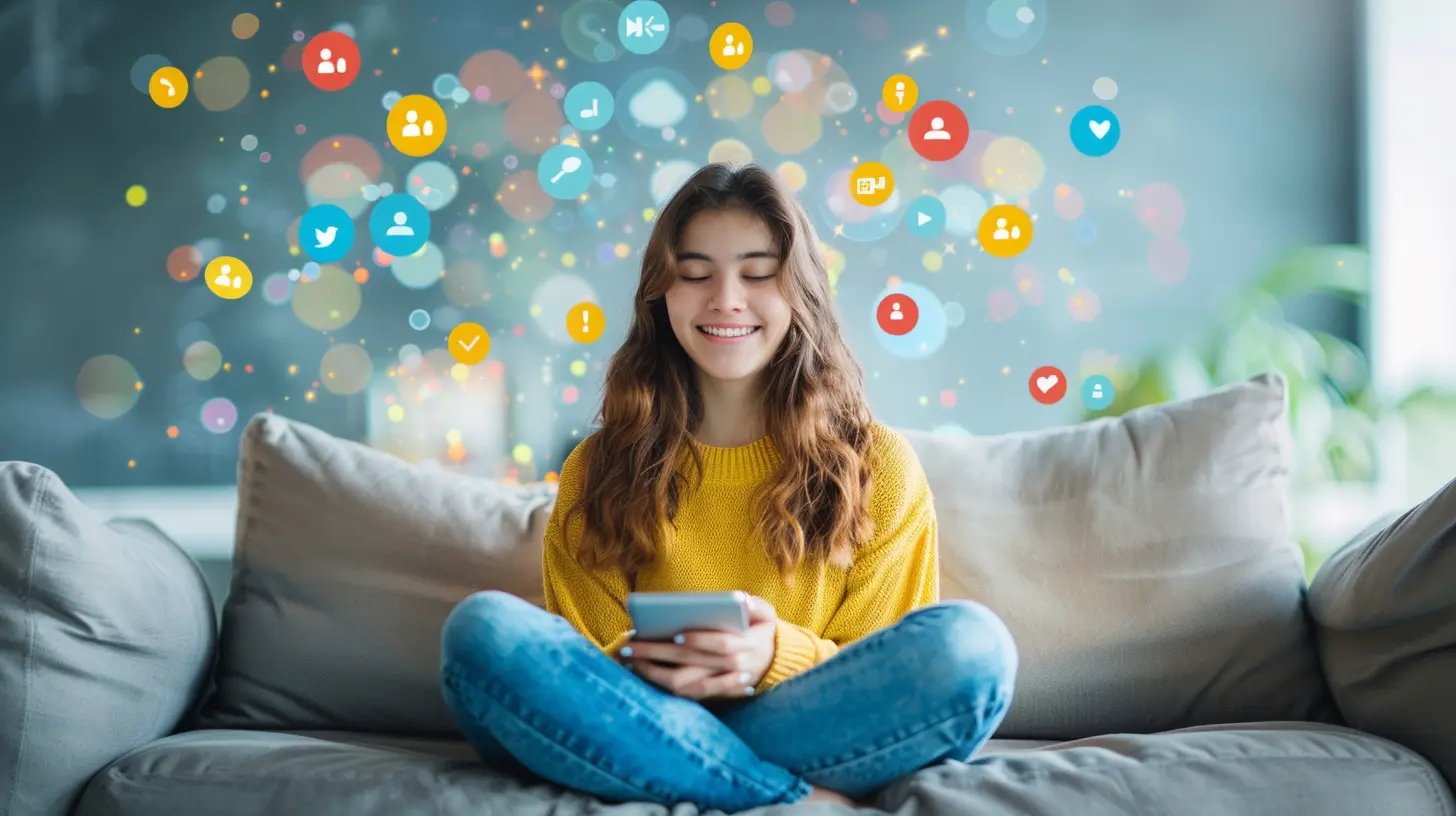
Table of Contents
- Social Media: The Double-Edged Emoji- FOMO: The Psychological Party You Didn’t RSVP To
- Comparison Culture: Curated Life vs. Reality
- The Addiction Algorithm: Why You Can’t Stop Scrolling
- Trolls, Drama, and Cancel Culture: Oh My!
- The Bright Side: It’s Not All Bad, Promise
- Mindful Social Media Habits: Because Therapy Is Expensive
- Final Scroll: Protecting Your Mental Feed
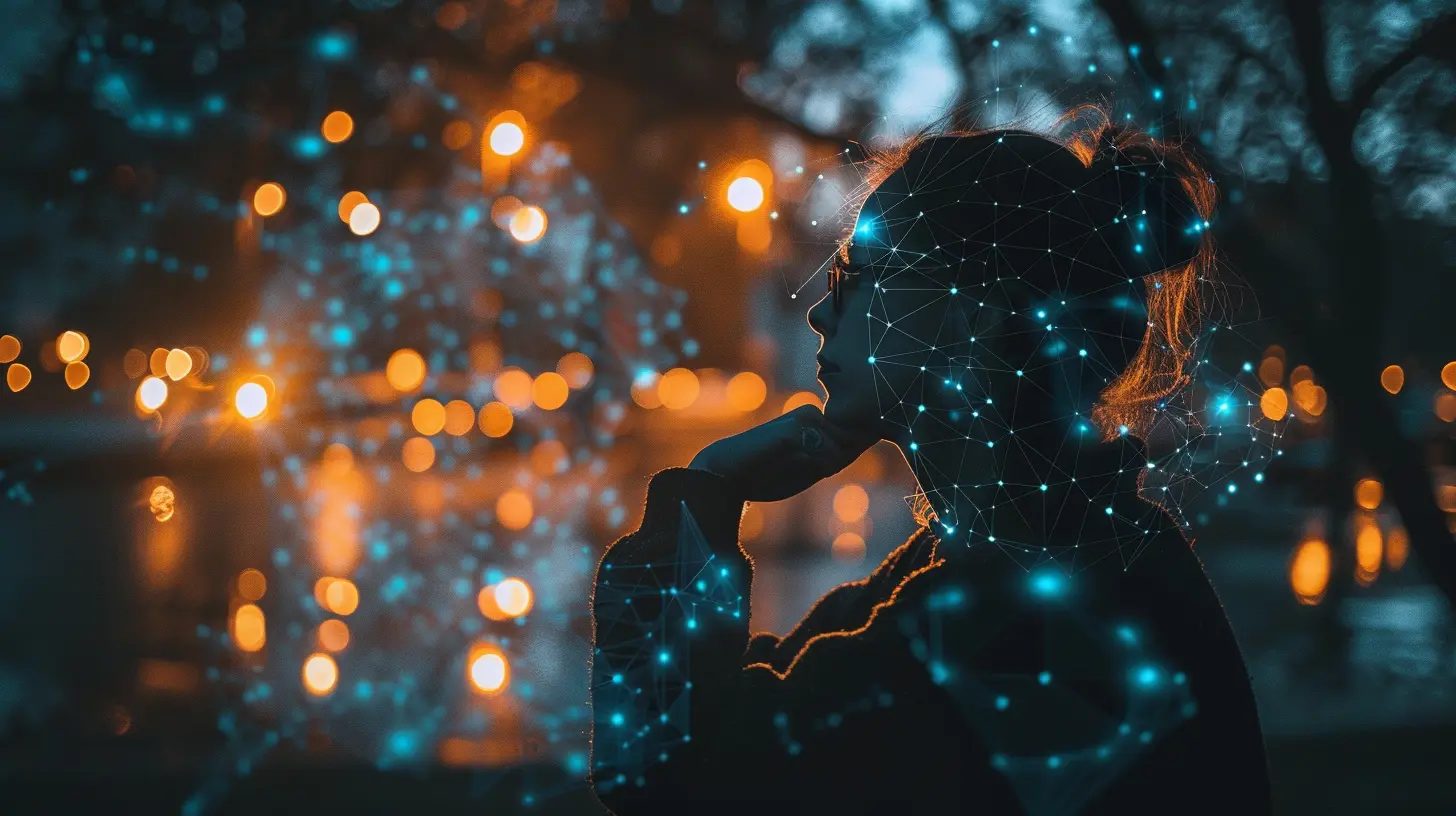
Social Media: The Double-Edged Emoji 😅🔪
Let’s be real—social media is kind of a miracle. You can reconnect with your high school crush, follow a llama who paints, and get breaking news faster than your grandma can forward that weird chain email.But here’s the catch: social media is both a comfort and a curse. It’s like Nutella—delicious in moderation, but eat the whole jar and suddenly you’re questioning all your life choices.
From a psychological standpoint, social media triggers both pleasure and stress responses. On one hand, you get a dopamine kick with every like and comment. On the other, it can spike anxiety, depression, and straight-up burnout.
It’s basically mental Jenga. You feel good until one too many negative posts, and boom! Your emotional tower collapses.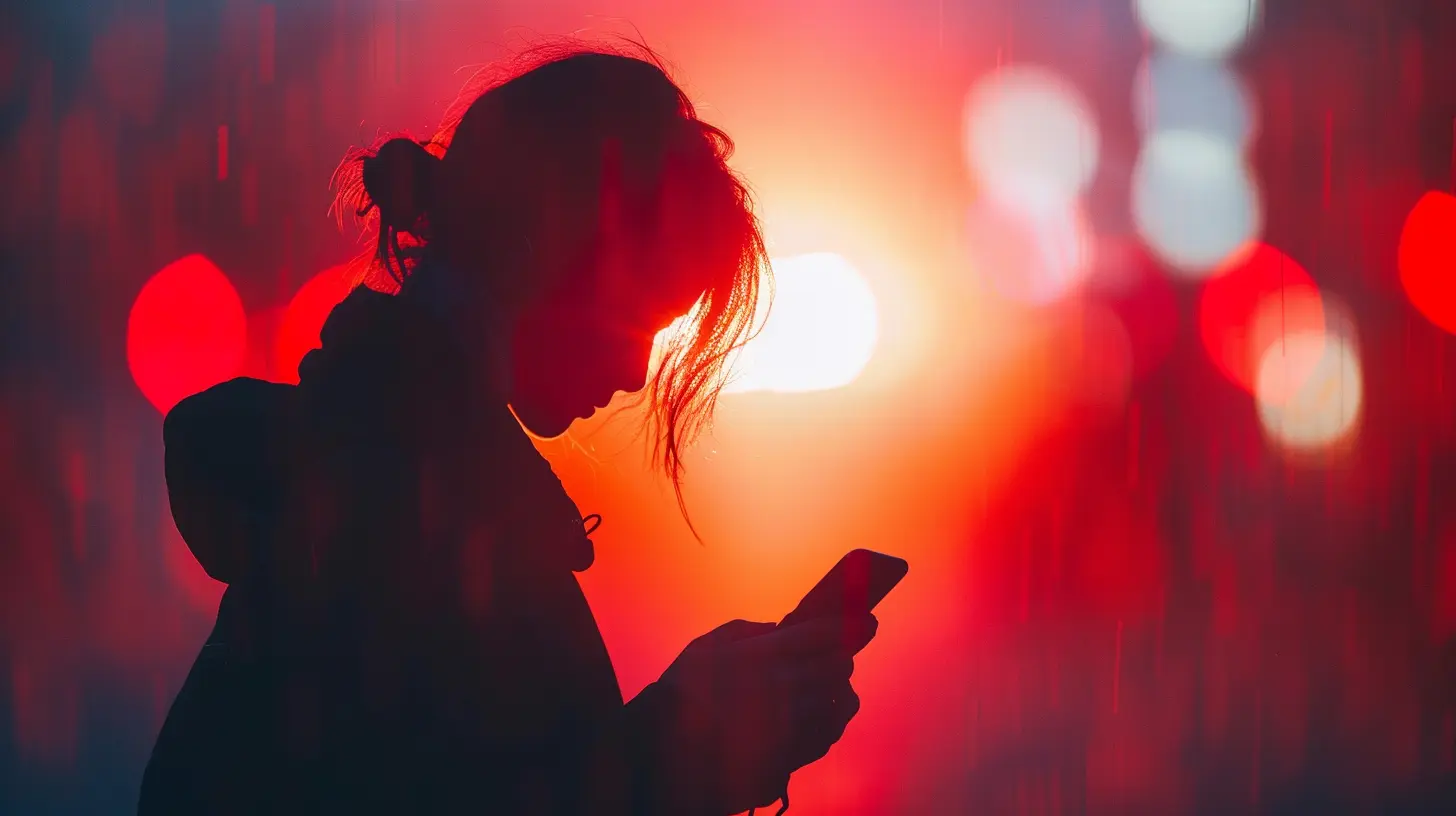
FOMO: The Psychological Party You Didn’t RSVP To 🎉
Ah, FOMO—Fear Of Missing Out. That unavoidable itch when you see your friends at a party you weren’t invited to, or hiking that trail you said you’d totally go on next weekend (but didn’t, because Netflix).FOMO is the evil twin of “YOLO,” and it thrives on social media. Every time someone posts their glamorous vacation or avocado toast (seriously, how is that still a thing?), your brain whispers, “Hey, why aren’t you doing that?”
What’s scary is that FOMO isn’t just annoying—it’s stressful. It can lead to anxiety, irritability, and feelings of inadequacy. And it’s not limited to the young folks. Everyone—from teenagers to your Aunt Karen—is susceptible.
So if you've ever felt bummed after a 5-minute scroll session, congrats. You're officially human.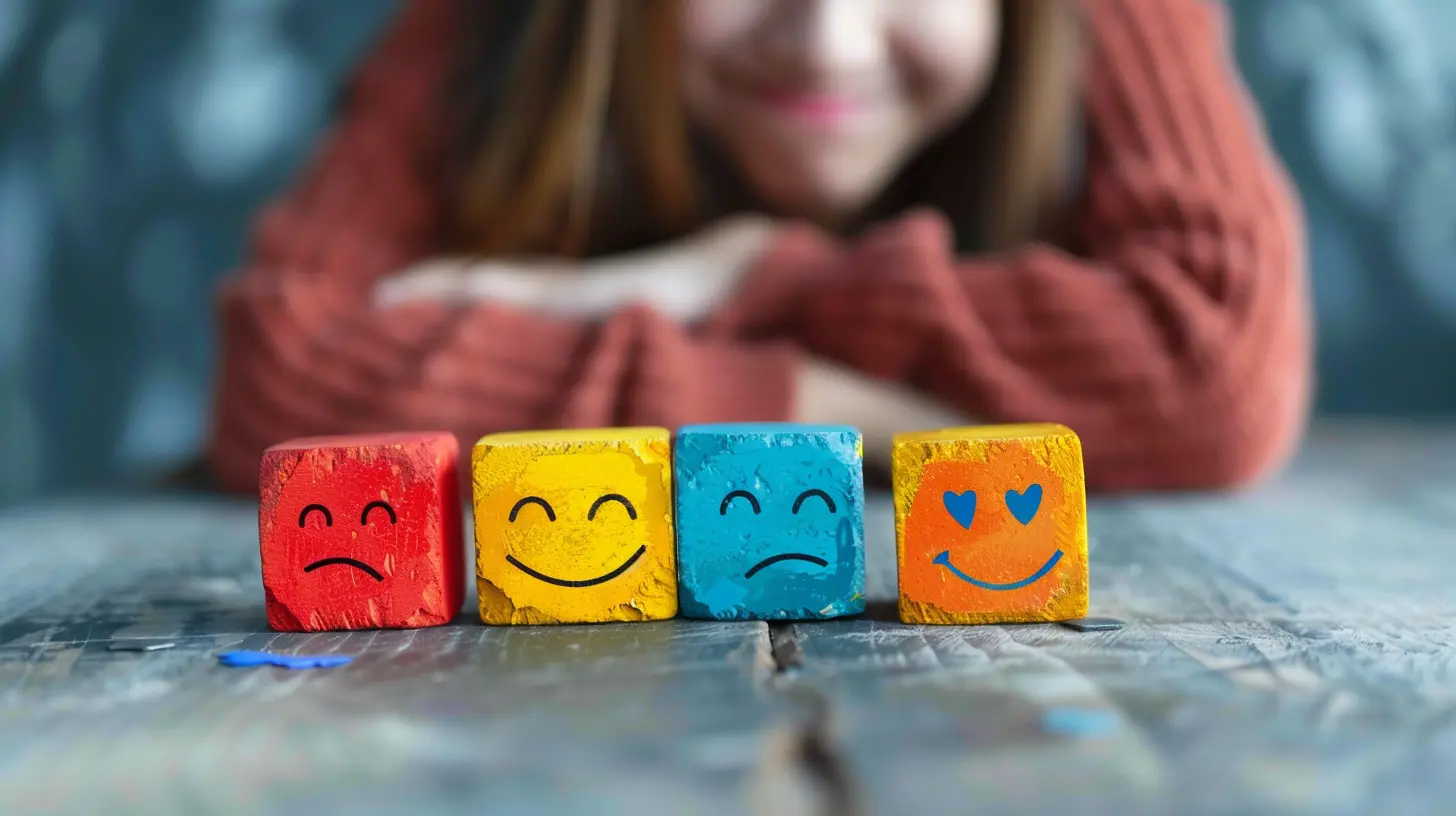
Comparison Culture: Curated Life vs. Reality 💅📸
Scrolling Instagram is like walking through a museum curated by Photoshop and filters. Everyone’s skin is flawless, their relationships perfect, and their brunches look like they came out of a Martha Stewart fever dream.Real life, though? It’s messy. You burn your toast, your dog pukes on the carpet, and you haven’t done laundry since last week. But you won't see THAT in anyone’s story highlights.
This twisted mirror of perfection creates what psychologists call "social comparison." Basically, we line up our behind-the-scenes life with someone else’s highlight reel. And spoiler: we always come up short.
This leads to:
- Lower self-esteem
- Increased anxiety
- Depression
- Feeling like a human potato
And it evolves into a vicious cycle. "I feel bad, so I scroll more. I scroll more, so I feel worse." It's like emotional junk food.
The Addiction Algorithm: Why You Can’t Stop Scrolling 📱🌀
Ever say, “Just five minutes,” then look up and realize it’s been an hour and you're on your cousin’s ex-boyfriend’s new girlfriend’s dog’s profile?Yeah, that’s not you being weak-willed. That’s the algorithm working exactly as designed.
Social media apps are engineered like digital slot machines. You refresh the feed, not knowing what you'll find—dopamine jackpot or political rant, either way, you're hooked. This unpredictability keeps you coming back for more, like a lab rat tapping a lever for cheese.
Over time, your brain starts craving that constant stimulation. And guess what? That can rewire your brain’s reward system. That’s not poetic exaggeration—that’s neuroscience.
And as your screen time spikes, everything outside the screen starts to feel kinda… meh. Attention span? Fried. Sleep? Disrupted. Mood? As unpredictable as your WiFi.
Trolls, Drama, and Cancel Culture: Oh My! 🧌🔥⚖️
We can’t talk about social media without mentioning the dark alleyways of the internet: the trolls, the passive-aggressive subtweets, and the dreaded public shaming.Whether it’s a heated Facebook debate about pineapple on pizza or someone getting "canceled" for a tweet from 2009, online drama can drain your mental energy faster than a toddler on espresso.
Online hate isn’t just annoying—it’s damaging. Victims of cyberbullying can experience:
- PTSD-like symptoms
- Depression
- Social withdrawal
- Anxiety
And even if you’re just a bystander, the sheer emotional overload of watching people constantly argue and tear each other down is exhausting.
Remember, just because it’s on your screen doesn't mean it's not affecting your brain.
The Bright Side: It’s Not All Bad, Promise 🌈📲
Okay, okay—I’ll dial down the doom machine for a second.Social media isn’t inherently evil. Like carbs or karaoke, it’s all about how you use it. Here are some mental health perks if used wisely:
- Connection: Reaching out to friends and communities across the globe. Grandma’s Facebook game is strong.
- Mental Health Advocacy: More therapists, coaches, and organizations are now just one click away.
- Creative Outlet: TikTok dances count as expression, right?
- Support groups: Finding people who get you in a way your immediate circle maybe doesn’t.
So yes, it can be a source of emotional nourishment. You just have to curate your feed like it’s an exclusive dinner party—only the mentally healthy vibes are invited.
Mindful Social Media Habits: Because Therapy Is Expensive 💡📵
So, how do we enjoy the benefits of social media without letting it devour our souls?Good question. Here are some guilt-free tips to help your sanity out:
1. Set Digital Boundaries
Decide when and how long you’ll scroll. Use app timers. Pretend you’re Cinderella—when the clock strikes, put the phone DOWN.2. Curate Your Feed
Follow accounts that uplift you. Unfollow the ones that make you feel like a broccoli in a field of roses.3. Replace Scroll Time
Read a book. Go outside. Paint your cat’s portrait. Do literally anything else for a break.4. Mute, Block, and Delete
You don’t owe internet trolls your peace. BYE 👋.5. Check In With Yourself
Pause and ask: How am I feeling right now? Am I doom-scrolling or just bored?Being mindful doesn’t mean deleting everything and living in a cave. It means being aware, intentional, and kind—to yourself.
Final Scroll: Protecting Your Mental Feed 🧠❤️
Let’s not kid ourselves—social media is here to stay. But that doesn’t mean it has to hijack your mental health like an internet pirate.It’s a tool, not a lifestyle. You can use it to connect, grow, and laugh at baby goat videos—but if it’s making you anxious, exhausted, or self-loathing, it's time to take back the remote (er, phone).
Remember: likes aren’t a measure of worth, filters don’t equal reality, and not every piece of news needs your comment.
Control the scroll, or it'll control you.
all images in this post were generated using AI tools
Category:
PsychologyAuthor:

Eliana Burton
Discussion
rate this article
2 comments
Fletcher Hughes
Scroll, like, repeat—mental health's wild ride!
June 21, 2025 at 2:41 AM

Eliana Burton
Thanks for your comment! Social media can indeed create a cycle that impacts mental health in various ways—it's essential to find a balance.
Kevin McIntyre
This article effectively highlights the dual nature of social media, illustrating both its potential to foster connection and its risks for mental health, particularly anxiety and depression. It prompts essential discussion on the need for mindful engagement and digital literacy in today's society.
June 17, 2025 at 2:20 AM

Eliana Burton
Thank you for your insightful comment! I'm glad the article resonated with you and underscored the importance of mindful engagement in navigating social media's complexities.
